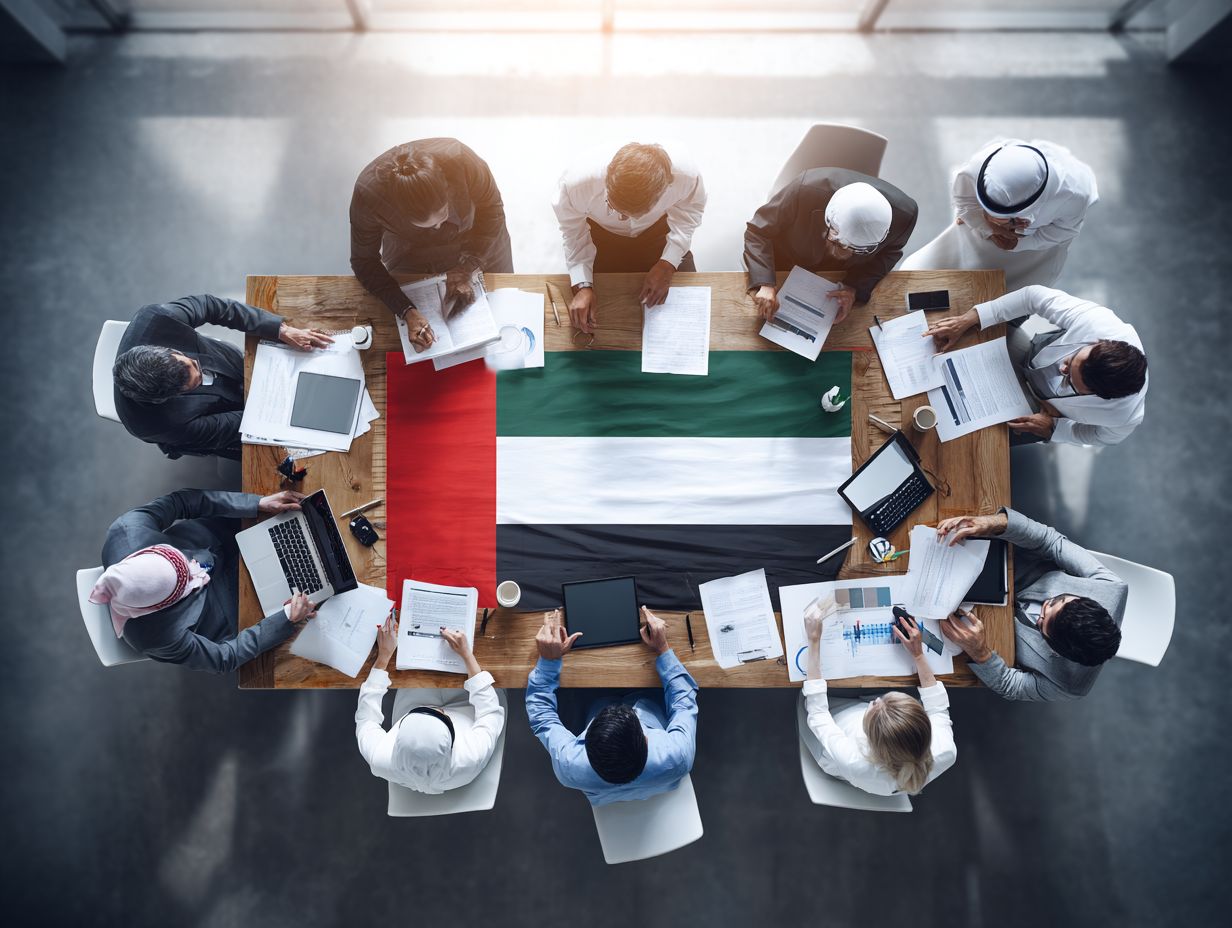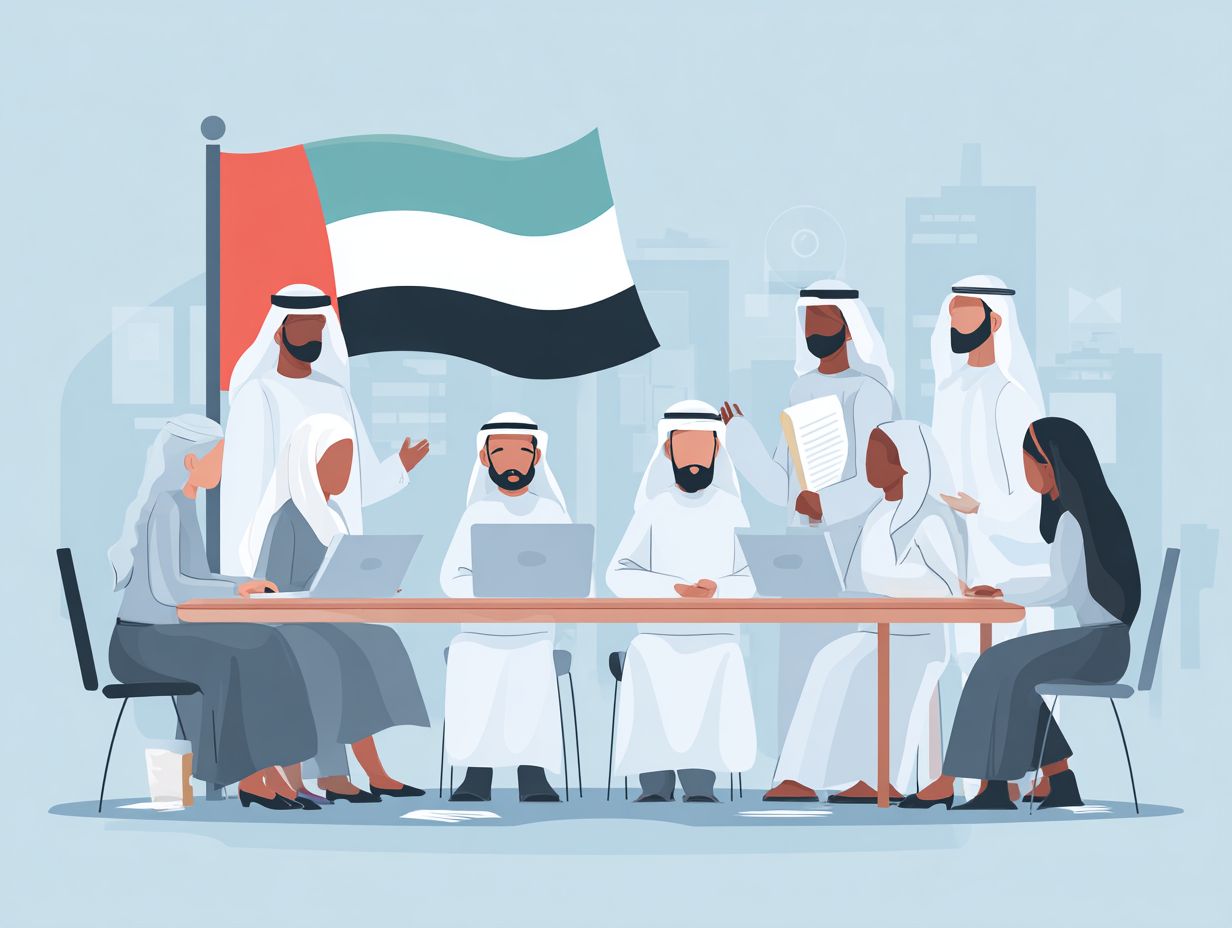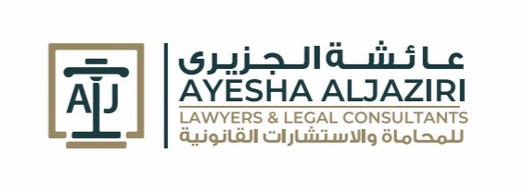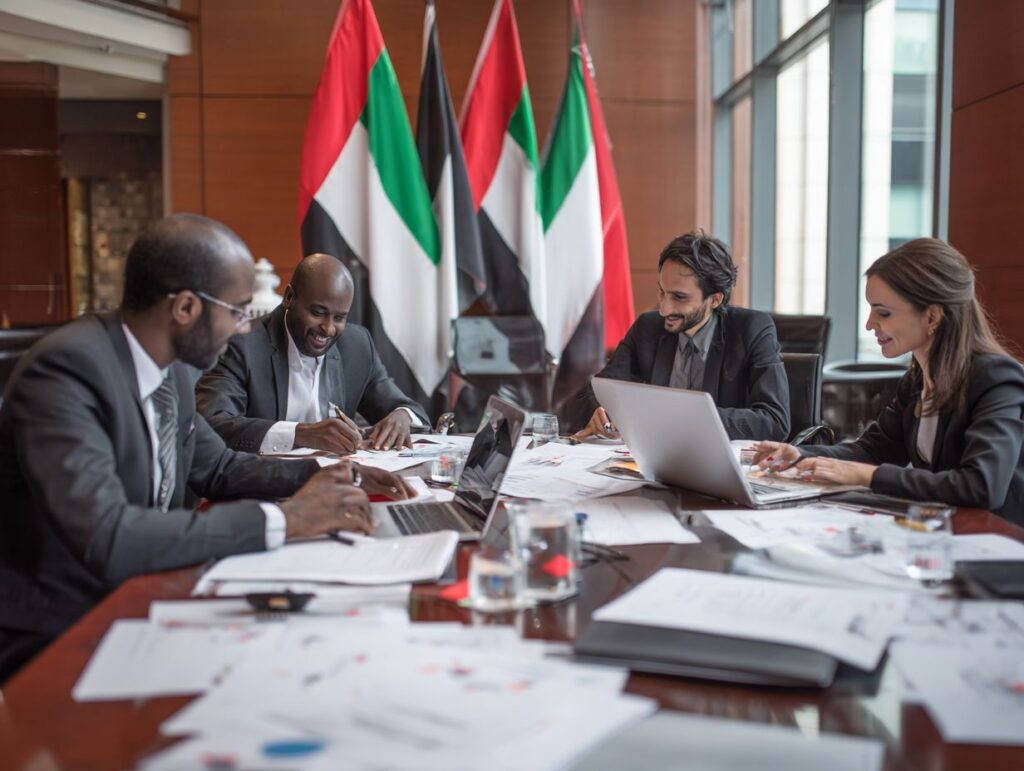Ayesha Aljaziri Lawyers & Legal Consultants is a premier full-service law firm in Dubai, delivering trusted legal solutions across the UAE. Our multilingual lawyers in Dubai advise franchisors and franchisees on end-to-end franchise structuring, documentation, and dispute resolution. With full rights of audience before all UAE courts (civil, Sharia, commercial, and appellate), we handle everything from contract drafting and intellectual property protection to regulatory compliance and enforcement—without the need for external counsel.
- The UAE offers a sophisticated, franchise-friendly environment, with strong consumer markets and robust enforcement mechanisms.
- There is no standalone “franchise law” in the UAE; instead, franchises are governed by general contract and commercial laws, and may fall under the Commercial Agencies regime if registered.
- Clear contracts, careful IP registration, and a practical disclosure package are essential to attract quality franchisees and manage risk.
What Is Franchising and Why It Matters in the UAE
Franchising is a licensing model in which a franchisor grants a franchisee the right to operate under its brand and systems in exchange for fees and ongoing performance obligations. In the UAE, the model is popular across retail, F&B, healthcare, fitness, education, and services, driven by brand-conscious consumers and sophisticated supply chains. When a franchise is carefully structured—anchored by a compliant agreement, protected trademarks, and well-designed support programs—it can accelerate market entry and scale while preserving brand standards.
UAE Legal Framework for Franchising
The UAE does not have a single, codified “franchise statute.” Instead, franchise relationships are typically governed by:
- Contract and Commercial Law: The franchise agreement sets out rights, obligations, fees, training, territorial scope, performance standards, marketing, and termination/renewal mechanics.
- Commercial Agencies Law (if applicable): If a relationship is structured or registered as an agency, special protections and termination rules may apply. Parties should decide upfront whether to pursue agency registration.
- Intellectual Property Law: Trademark registration and brand asset control are critical to protect goodwill and ensure consistent use across locations.
- Competition, Consumer, and Sectoral Rules: Onshore UAE and free-zone requirements, advertising rules, product standards, data protection expectations, and sector licensing may all be relevant depending on the industry.
Because the UAE market includes onshore courts and common law-style courts in certain financial free zones, parties should choose governing law and dispute resolution thoughtfully. Our commercial law team in Dubai advises on risk allocation, jurisdiction selection, and enforceability strategies tailored to your model.
Franchise Agreement Essentials
A well-drafted agreement is your primary risk-control document. Core elements include:
- Grant & Territory: Define exclusive/non-exclusive rights, territory mapping, and development schedules (if any).
- Fees & Payments: Initial fees, royalties, marketing contributions, technology or training charges, and payment mechanics.
- Standards & Support: Brand manuals, training, audits, supply chain requirements, approved vendors, and quality controls.
- Term, Renewal & Exit: Initial term, renewal conditions, transfer rights, termination events, and post-termination obligations (de-branding, non-compete, return of materials).
- Compliance & Reporting: Sales reporting, record-keeping, and inspection rights to maintain system integrity.
- Dispute Resolution: Escalation procedures, mediation/arbitration clauses, jurisdiction/law, and interim relief options.
Our corporate lawyers in Dubai prepare franchise documents aligned with UAE practice, including ancillary agreements (NDAs, supply, technology licences, and sub-franchise arrangements).
Practical Disclosure in the UAE
While the UAE does not impose a universal Franchise Disclosure Document (FDD) requirement, providing an organized disclosure package is a best practice that strengthens negotiations and reduces disputes. Typical content includes:
- Business Overview: History, brand positioning, and the franchise model.
- Costs & Fees: A transparent schedule of one-off and ongoing payments, set-up estimates, and working capital considerations.
- Operational Requirements: Location criteria, fit-out standards, staffing expectations, training timelines, and technology systems.
- Performance Guidance: If any performance data is shared, it should be clearly sourced, appropriately caveated, and compliant with advertising and consumer rules.
- Legal Flags: Dispute history (if any), IP status, and any material risks.
To streamline disputes and preserve relationships, many parties choose arbitration in Dubai alongside interim court relief options. Our arbitration lawyers in Dubai regularly draft and enforce franchise dispute clauses and represent clients in proceedings across the UAE.
Protecting Trademarks and Brand Assets
Brand equity is the core asset of any franchise. Before granting rights, ensure your brand is protected in the UAE:
- Trademark Clearance & Filing: Conduct availability searches and file marks (word/device) for relevant classes, including Arabic transliterations where appropriate.
- Use & Monitoring: Set internal brand-use rules, register domain names and social handles, and monitor for infringement.
- Licensing Architecture: Ensure trademark licences align with the franchise agreement, including quality-control provisions.
Our team supports end-to-end filings and enforcement, coordinating with litigation colleagues when urgent injunctive relief is needed. Where disputes escalate, we have full rights of audience before all UAE courts and can act swiftly to protect your brand.
Steps to Franchise Your Business in the UAE

1) Assess Readiness
Evaluate whether your business model can be replicated: margins, unit economics, supply chain, and training capacity. Map required licences for your sector and Emirate/free zone. Consider whether your model suits single-unit, multi-unit, or area development structures.
2) Build the Franchise Package
Prepare a cohesive suite of documents: franchise agreement, disclosure pack, manuals, brand standards, training plan, and technology stack. If your model includes e-commerce, align platform terms and data handling with UAE expectations. Our retail and consumer law team and TMT lawyers can align online operations, marketing claims, and data practices with local rules.
3) Protect IP Before Launch
File priority trademarks, document ownership of creative works, and define permitted uses for franchisees. Establish monitoring and takedown processes for infringement across brick-and-mortar and online channels.
4) Select the Right Franchisees
Adopt objective criteria: financial capacity, operating experience, and cultural alignment with your brand. Use weighted scoring for transparency and fairness. Require proof of funding and realistic launch timelines, and incorporate performance milestones into the contract.
5) Choose Dispute-Resolution Pathways
Draft clear escalation steps, including negotiation, mediation, and arbitration, plus interim court relief where needed. This reduces disruption and helps preserve brand value.
Frequently Asked Questions

1. Is franchise registration mandatory in the UAE?
No universal “franchise registration” system exists across the UAE. However, relationships may be registered as commercial agencies in certain cases, which changes termination and protection dynamics. We advise on whether agency registration suits your strategy.
2. Are formal disclosures required?
There is no blanket, statutory FDD requirement. Nonetheless, a structured disclosure pack is strongly recommended to improve transparency and reduce legal risk.
3. Which courts or tribunals hear franchise disputes?
Parties can choose onshore UAE courts or arbitration seated in the UAE (and, where suitable, free-zone courts). We tailor jurisdiction, law, and enforcement strategies to protect your interests.
What licences are needed to operate?
Licensing depends on your activity, Emirate, and whether you operate onshore or in a free zone. We coordinate with our real estate lawyers in Dubai and sector-focused teams to align premises, leasing, and regulatory approvals.
Why Work With Our Law Firm
As a leading law firm in Dubai, we provide comprehensive legal services across 14 practice areas—covering commercial, corporate, real estate, labour and employment, hotels and leisure, healthcare and life sciences, technology/media/telecommunications, financial services and fintech, transport and logistics, retail and consumer, sports and events, energy and resources, defence and security, and court representation. Our multilingual lawyers deliver fast turnaround times and bespoke advisory packages, leveraging full rights of audience before all UAE courts to protect and advance your franchise interests from launch through expansion.
Start Your UAE Franchise Journey
Whether you are localising a global brand or scaling a homegrown concept, we will design a franchise framework that is enforceable, scalable, and brand-safe—contract to court. Speak with our team of experienced lawyers in Dubai today.








